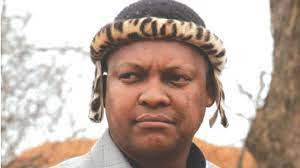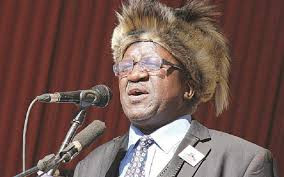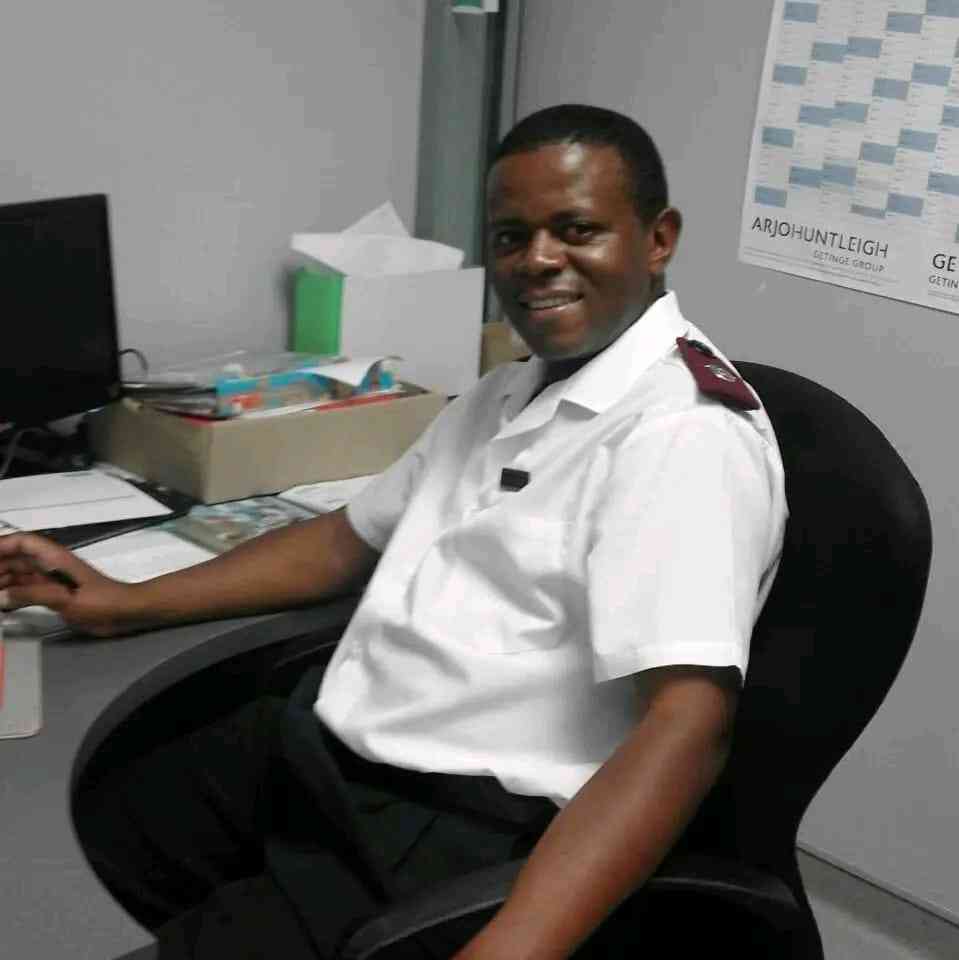WHAT has the novelist Jane Austen to do with sport? Not a lot, would be our natural initial response.
After all, the world in which her characters appeared would be far removed from today’s sporting world, while not many sports played today featured back in the 1800s – soccer, for instance, really only came into widespread popularity in the mid-1800s, long after Jane Austen’s ‘Pride and Prejudice’ was published in 1813.
Perhaps the only connection that we can muster between Jane Austen and sport is that the English actress, Keira Knightley, played a central part in the 2002 film ‘Bend it Like Beckham’ as well as in the 2005 film version of Jane Austen’s ‘Pride and Prejudice’.
While Jane Austen’s novels have clearly been valued as teaching many important life lessons down through the centuries, many of them can just as easily and necessarily be applied to sport, and where better than in school sport?
And at the risk of boring sports-minded people with literature from an older era, we may do well to reflect on a short speech that Elizabeth Bennett, the heroine in ‘Pride and Prejudice’, made in the novel:
"How despicably I have acted!" she cried; "I, who have prided myself on my discernment! I, who have valued myself on my abilities! who have often disdained the generous candour of my sister, and gratified my vanity in useless or blameable mistrust! … Had I been in love, I could not have been more wretchedly blind! But vanity, not love, has been my folly… I have courted prepossession and ignorance, and driven reason away... Till this moment I never knew myself."
Keep Reading
- Chamisa under fire over US$120K donation
- Mavhunga puts DeMbare into Chibuku quarterfinals
- Pension funds bet on Cabora Bassa oilfields
- Councils defy govt fire tender directive
So, what has this to do with sport? We could perhaps easily mention how despicably many have behaved on the side of school sports fields, though each would no doubt have argued strongly and persuasively that they had done so with great discernment and ability.
Let us rather focus on the root of the problem in Elizabeth’s sport of courtship as it applies to our modern sport – her blindness and what caused it.
It is often not love for sport that brings people down but pride or vanity.
Vanity has variously been described as inflated, excessive, exaggerated pride in achievements that ultimately will not last and therefore have little real meaning or significance.
It is seen as doing something with the aim of gaining praise, fame, and approval as opposed to doing it for good reasons, which Elizabeth found out in acknowledging that she had “driven reason away” with her thoughts.
It was not new, though, to Jane Austen’s characters; the writer of Ecclesiastes in the Old Testament famously cried out, after searching for fulfilment in many different ways, that in his experience it was all meaningless, or as the earlier translations had it, vanity.
“I have seen all the things that are done under the sun; all of them are meaningless, a chasing after the wind.”
Well does he wonder: what profit is there for all the labours? What profit is there in sport? Money may lead to gambling.
Sport by itself will never bring complete fulfilment; much of it will forever remain empty, futile, short-lived, meaningless.
Our pride in the moment of success may lead us to consider ourselves better than all others yet there lies the danger and there too lies the absence of reason.
Many youngsters may be thrilled to represent their country at an age-group level and be content with that yet they should look beyond that and realise that the goal should be to do so at full international level. There it is not so easy as they are not facing simply other players of the same age or a year younger but are now facing so many more players covering fifteen to twenty different age groups.
We are not as good as we may think.
Similarly, many might be thrilled to be selected for a national age group team, but if it is in a sport which very few people play, how is that so great an honour as a sport where hundreds of thousands are playing?
We need discernment and candour indeed to recognise the looming danger of pride.
Many a proud player, coach or parent may have echoed these other words from the same novel “For what do we live, but to make sport for our neighbours and laugh at them in our turn?”
In truth, how despicably we may have behaved in our coaching and parenting of our sporting children up until now.
Perhaps it is also true of us that until this moment we never knew ourselves, we never realised how pride has blinded us.
We must not bend the truth like some. Such vanity is indeed folly.





